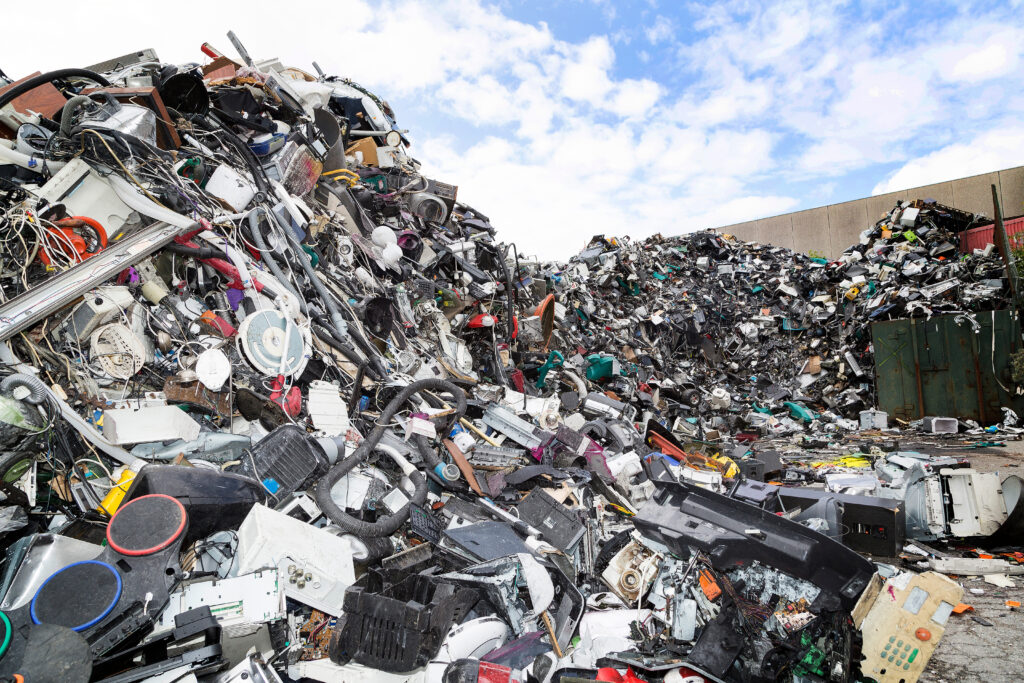The Department for Environment, Food & Rural Affairs (Defra) says this could have an impact on the long-term targets set for the collection of waste electrical and electronic equipment (WEEE).

Subject to the outcome of two public consultations, measures could be put in place to increase the lifespan of products such as household fridges, washing machines and televisions.
Paul Scully, parliamentary under-secretary in the department for business, energy and industrial strategy (BEIS), revealed the plans on 27 January in answer to a written question from SNP MP Angela Crawley.
He said: “These measures aim to improve the resource efficiency of energy related products and this will include ensuring that spare parts are available for a minimum of seven years after the placing of new products on the market.
“They will also ensure that parts can be replaced with the use of commonly available tools, tackling premature obsolescence.
“We are also seeking powers through the environment bill that will enable government to require products to carry information for example relating to product lifetimes, durability and reparability.”
WEEE
A spokesperson for Defra told letsrecycle.com the proposed eco-design measures would result in products staying in use for longer. This, it said, would have “consequential impacts” on WEEE “in the long term”. This could include an impact on the targets for the collection of WEEE for recycling by producer compliance schemes.
However, as these measures are yet to take effect, Defra says they will not be factored into the target setting process in the short term.
The department added it “constantly” reviewed its targets and would look to factor in future legislation on eco-design measures “as and when” it was “relevant”.
Policy framework
BEIS told letsrecycle.com it was to launch a “world class” energy-related products policy framework in spring 2021.
“We are committed to reaching net zero carbon emissions by 2050, including by pushing for products to use less energy, resources and materials”
The department recently consulted on updated eco-design and energy labelling regulations for a range of industrial and domestic energy-related products, including electric motors, dishwashers and televisions. The requirements that could be introduced are said to mirror those the European Union will adopt this year. BEIS says it is currently analysing feedback and will issue its response in early 2021.
A second consultation on updated eco-design and energy labelling regulations for lighting closed on 27 January 2021. The government proposes to implement updated minimum energy performance standards and material efficiency requirements for lighting products, as well as a re-scaled energy label which will re-introduce the A-G scale.
Subject to the outcomes of the two public consultations, the government plans to lay secondary legislation in 2021.
A BEIS spokesperson told letsrecycle.com: “We are committed to reaching net zero carbon emissions by 2050, including by pushing for products to use less energy, resources and materials, both to tackle climate change and help cut bills. Our exit from the EU does not change that and we have just consulted on plans to implement new eco-design requirements from 2021 as part of this.”
Planned obsolescence
Planned obsolescence is the practice of designing a product with a short lifespan so that it needs to be replaced frequently.
Prior to Mr Scully’s statement, Lord Zac Goldsmith told the House of Lords on 18 January the government was likely to introduce legislation preventing manufacturers of white goods from making products which are “simply thrown away as a default” (see letsrecycle.com story).











Subscribe for free